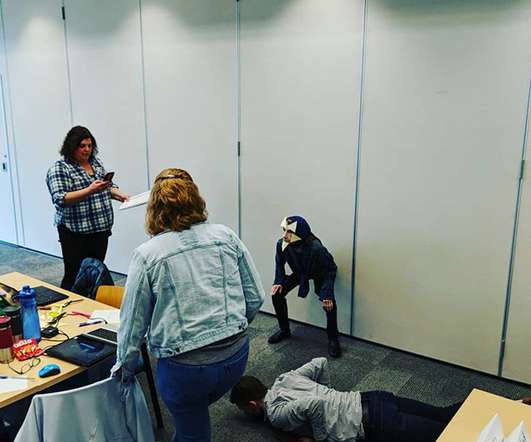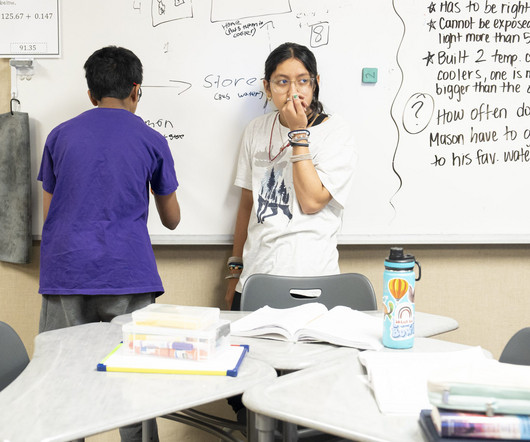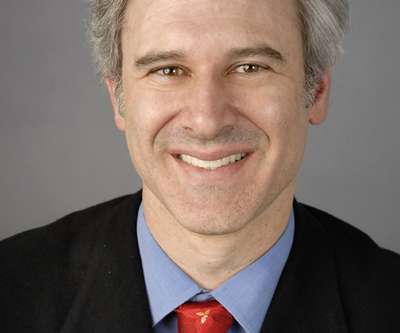Characteristics of The 21st Century Teachers
Educational Technology and Mobile Learning
JANUARY 3, 2024
This could involve using differentiated instruction, incorporating multicultural education, or employing a range of assessment methods. Brouwer & Korthagen, 2005; Ferrari, Cachia, & Punie, 2009; Zhu et al., Adaptive teachers, as Madda et al. 57, cited in Vaughn, 2015, p. Sources Brouwer, N., & Korthagen, F.







































Let's personalize your content